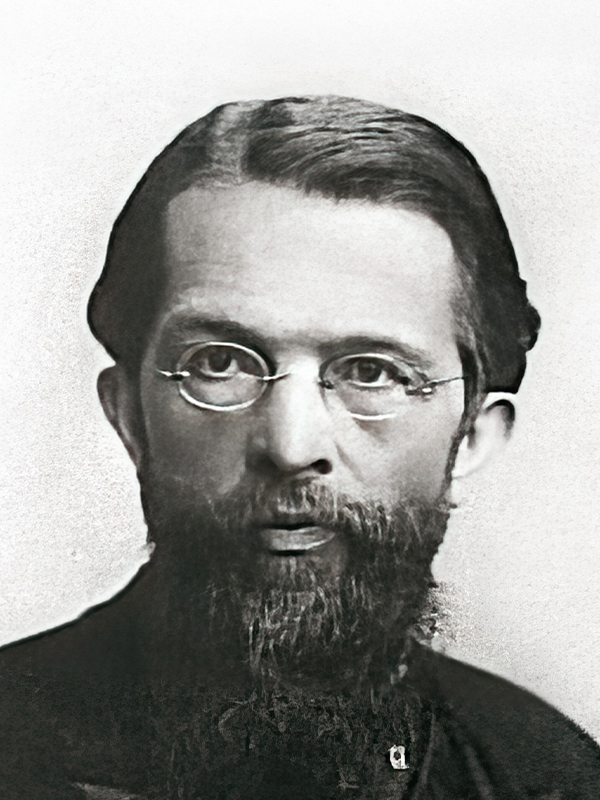
Individual Choice Matters
- Every economic action comes from individual people making choices
- When people freely choose to work together and trade, it creates peaceful cooperation
- Forcing people to act against their wishes creates conflict
Property Rights Create Stability
- Clear ownership rights help prevent conflicts
- When people own things, they take better care of them
- Private property gives people a reason to work together instead of fighting
Prices Tell an Important Story
- Prices act like signals that help people make better decisions
- They show what people want and what’s available
- This natural system works better than having governments try to control everything
Why Central Planning Doesn’t Work
Government control of the economy often leads to problems
- Central planners can’t know enough to make good decisions for everyone
- Letting individuals make their own choices works better
Innovation Drives Progress
- Entrepreneurs create new products and better ways of doing things
- This leads to improving living standards for everyone
- Free markets encourage innovation better than controlled economies
Stable Money Matters
- A reliable monetary system helps create economic stability
- When governments print too much money, it causes problems
- Sound money helps people plan for the future
The Big Picture
The Austrian School believes that when people are free to make their own economic choices, they naturally find ways to work together peacefully. This creates both social harmony and economic growth. Instead of fighting over resources, people find ways to create new wealth through voluntary cooperation.
By focusing on individual freedom, property rights, and free markets, the Austrian approach provides a blueprint for building a prosperous society based on peaceful cooperation rather than conflict.
Sales and the Austrian School
Understanding the subjective value of products in the minds of customers, managing sunk costs effectively, and leveraging comparative advantage is critical to sales teams. This enables salespeople to create sustainable value and contribute to the overall economy.
Salespeople play a vital role in promoting peace and prosperity through their efforts to facilitate commerce and exchange.
How the principles of the Austrian School of Economics can be applied to Sales
The Unknown Unknown: Navigating the Limits of Knowledge in Sales
In sales, it’s essential to acknowledge the unknown unknowns – the things we don’t know we don’t know.

The Dangers of Overconfidence
When we think we know more than we actually do, we risk making costly mistakes and missing opportunities. In sales, this can leadLead Lead refers to a prospect or potential customer (who can be an individual or organization) that exhibits interest in your service or product; or any additional information about such entity. to:
- Misunderstanding customerCustomer Customer is an individual or an organization that purchases a product or signs up for a service offered by a business. needs
- Overpromising and under delivering
- Failing to adapt to changing market conditions
The Importance of Humility
To succeed in sales, we must balance our knowledge with humility and awareness of our own ignorance. This means:
- Recognizing the limits of our knowledge
- Being open to new information and perspectives
- Embracing uncertainty and ambiguity
Navigating the Unknown Unknown
By acknowledging the unknown unknowns, we can:
- Ask better questions and seek out new information
- Develop a more nuanced understanding of our customers and the market
- Make more informed decisions and avoid costly mistakes
Conclusion
In sales, it’s not what we know that matters, but what we don’t know. By embracing the unknown unknowns and cultivating humility, we can navigate the complexities of the sales landscape and achieve greater success.
The Function of Sales
Knowledge Transfer to the Outside
Sales is more than just selling products – it’s about transferring knowledge to customers. Salespeople act as consultants, providing customers with the means to achieve their goals. But what does this mean for the sales processSales Process Sales Process is a series of strategic steps or a set of activities aimed at driving sales growth through the alignment of personnel, market insight, methodologies, relevant business units, and technology.?

The Core Function of Sales
The primary function of sales is to impart knowledge to customers. This involves:
- Understanding customer needs and preferences
- Providing personalized solutions and advice
- Creating value through the transfer of knowledge

“(A good salesperson) focuses on the ‘benefit’ for the customer and not the ‘productProduct Product refers to anything (an idea, item, service, process or information) that meets a need or a desire and is offered to a market, usually but not always at a price.’ from the manufacturer’s point of view.”
— Peter Drucker, Austrian American management consultant, educator, and author, whose writings contributed to the philosophical and practical foundations of modern management theory.
The Importance of Knowledge Transfer
Knowledge transfer is crucial in sales because:
- Customers often don’t know what they need or how to use a product
- Salespeople must educate customers on the benefits and value of a product
- Effective knowledge transfer builds trust and loyalty with customer

“The consumer is not omniscient. Not only does he not know where he can find what he is looking for cheapest. He often doesn’t know what he’s looking for.”
— Ludwig von Mises, Austrian-American economist, logician, sociologist and philosopher of economics of the Austrian school.


The Role of Salespeople
Salespeople are knowledge workers who:
- Act as consultants to customers
- Provide personalized advice and solutions
- Create value through the transfer of knowledge

“The salesperson is not just a seller of goods, but a provider of knowledge and a solver of problems. Their task is to understand the needs of the customer and to provide them with the means to achieve their goals.”
— Carl Menger, Austrian economist and the founder of the Austrian school of economics.
Learn More About Pipeliner CRM
Take a no-obligation 14 day trial of Pipeliner CRM.
No credit card info required – just experience for yourself how it could impact your sales.
